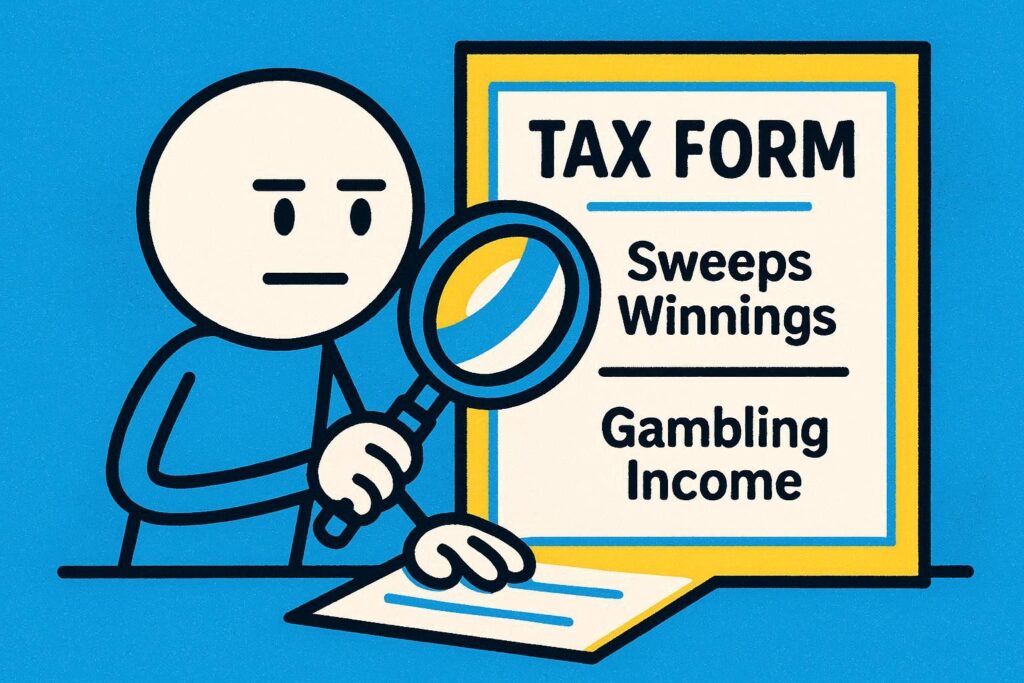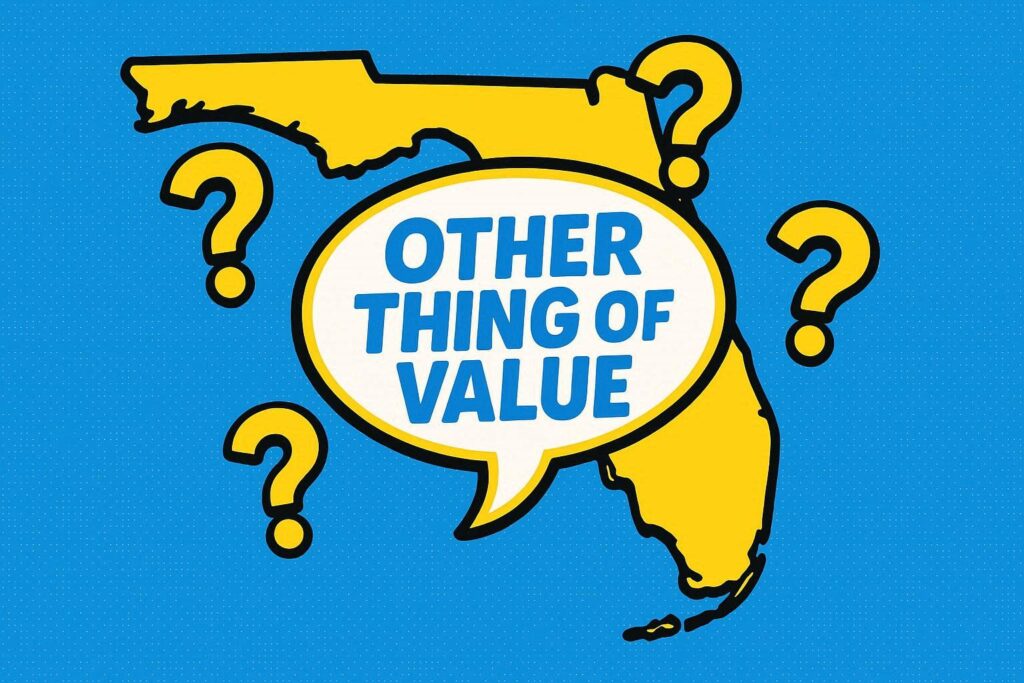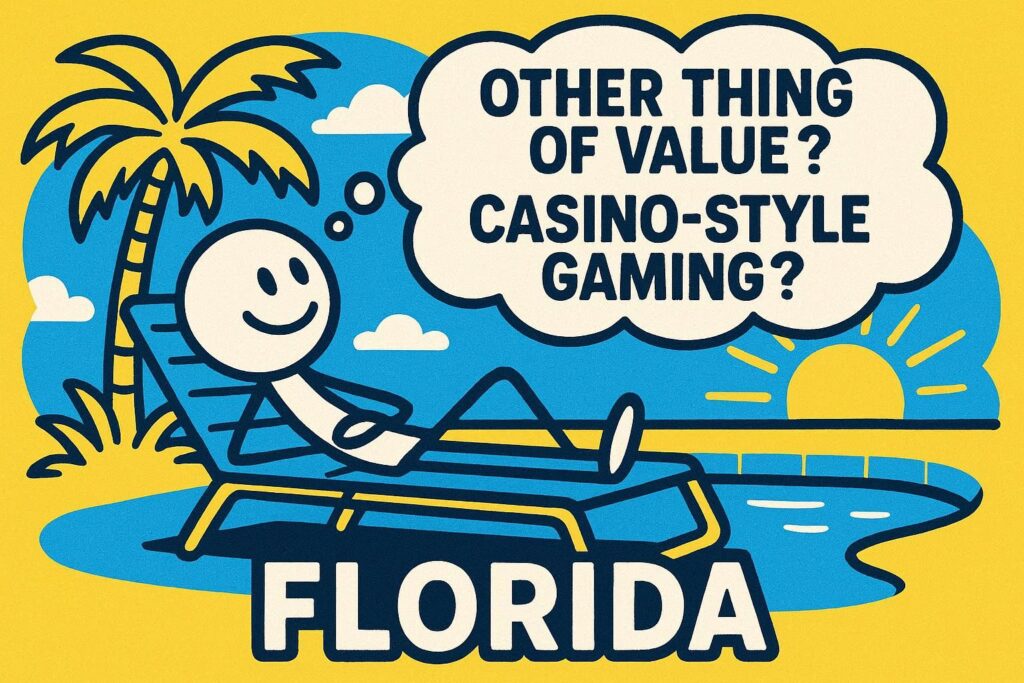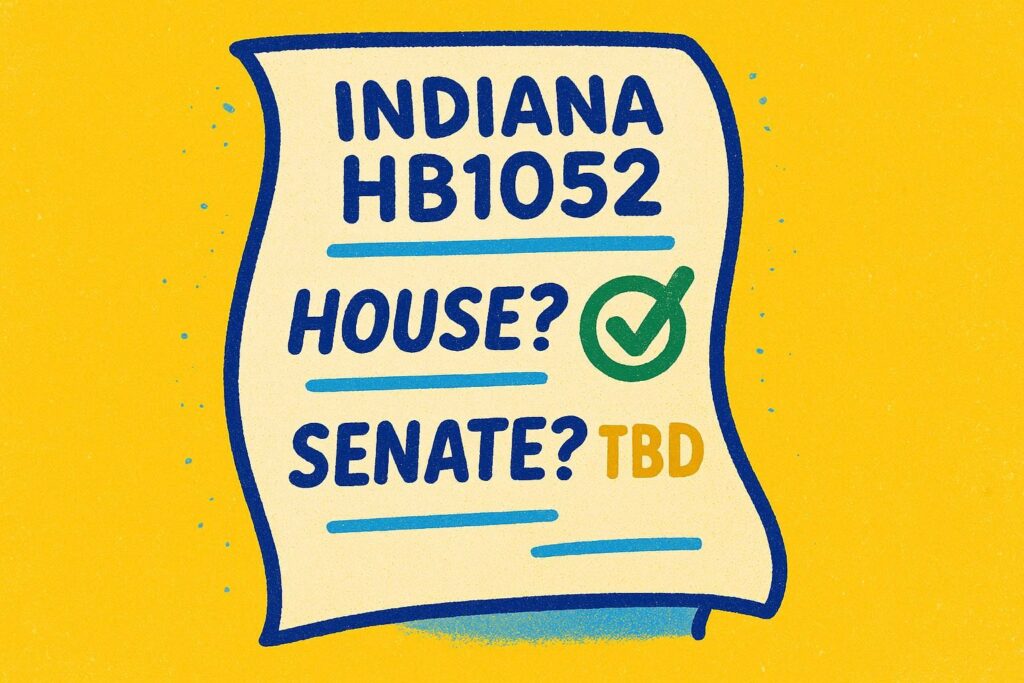Minnesota Attorney General Keith Ellison announced today that his office has sent letters directing 14 operators to stop offering casino, sportsbook, and sweepstakes-style gambling to Minnesota residents.
“Online platforms offering sportsbooks and casino games run by out-of-state and overseas operators may make it look as though online gambling is legal and safe in Minnesota, but let me be clear: it is not,” said Attorney General Ellison. “Trying to rebrand poker chips as virtual currencies does not change the fact that these operations are unlawful.”
The Social Gaming Leadership Alliance released a statement in response.
“While the popularity of Social Plus games has attracted some bad actors, SGLA partners maintain strict age verification standards, industry-leading responsible gameplay tools and best-in-class financial crime safeguards,” said Jeff Duncan, Executive Director of SGLA, in that statement. “The millions of players who have enjoyed Social Plus games for more than a decade deserve a safe, regulated environment, which is why we are working with Minnesota legislators to promote enhanced regulatory standards for the industry and potential revenue opportunities for the state.
“We look forward to continuing this engagement, while also correcting any misinformation and confusion about our industry of Social Plus games. … SGLA stands ready to work with Minnesota officials to bring in new tax revenue and create a higher level of consumer protection to ensure safe participation for the hundreds of thousands of Minnesota adults who play Social Plus games for fun and entertainment.”
14 operators named in the release
The following platforms received formal notice to halt operations or risk enforcement action:
- VG LuckyLand
- Zula Casino
- Fortune Coins
- BetAnySports
- BetUs
- XBet
- BetNow
- BetWhale
- EveryGame Sportsbook
- BetOnline
- Slotsandcasino
- Bovada
- MyBookie.com
- Sportsbetting.com
Side-by-side letters draw a clear line between gambling and sweepstakes models
Two nearly identical letters were available in the release, each addressing a different category of illegal online gambling, as per Minnesota’s Attorney General..
The first, titled “Illegal Gambling Websites in Minnesota,” applies broadly to websites offering wagering on sports, casino games, poker, and similar activities offshore.
The second, “Illegal Social Sweepstakes Casino Websites in Minnesota,” specifically targets platforms using a two-coin sweepstakes model—where players purchase packages of virtual coins that can be redeemed for cash or prizes.
Both letters cite Minnesota Statutes §§ 609.75–609.76, § 325F.69, and § 8.31, warning operators that their activities may violate state gambling and consumer-protection laws.
However, the sweepstakes version goes further, explaining how these sites function, describing “gold coins” and “sweeps coins,” and referencing case law (Albert Lea Amusement Corp. v. Hanson, 1950; State v. Schubert Theatre Players Co., 1938) to establish that such operations meet Minnesota’s definition of a lottery.
It also highlights the “play for free” language as deceptive and emphasizes that the two-coin system disguises paid gambling.
“Social sweepstakes casino websites offer casino-style games such as slots, poker, and roulette, and use a two-coin system of virtual currency. Consumers can buy virtual currency in packages that include coins that can be used for free game play (sometimes called “gold coins”) and coins that can be redeemed for cash or prizes, such as gift cards (sometimes called “sweeps coins”). A consumer typically receives the same amount of sweeps coins as the dollar value of the purchase; for example, a $10 purchase of virtual currency includes some number of gold coins and $10 in sweeps coins.”
The letters demand written confirmation within 10 days of receiving the letter and a complete withdrawal from operations by December 1, 2025.
Minnesota’s move follows similar actions in other states this year. In Louisiana and Mississippi, regulators and attorneys general jointly issued dozens of cease-and-desist letters to offshore sportsbooks and sweepstakes casinos — including several of the same brands now named in Minnesota’s order. Those letters warned operators that selling virtual-coin packages redeemable for cash prizes violated each state’s gambling laws.
In West Virginia, Attorney General J.B. McCuskey’s office took a parallel approach earlier in 2025, issuing subpoenas and enforcement warnings to sweepstakes-casino operators after citing consumer-protection and under-age gambling concerns. Within months, more than twenty platforms reportedly exited the state.
These actions mark a coordinated national trend: state regulators and attorneys general continue to challenge sweepstakes and social-casino models.









